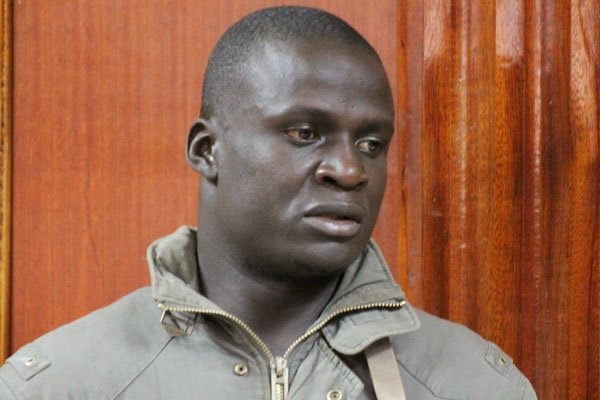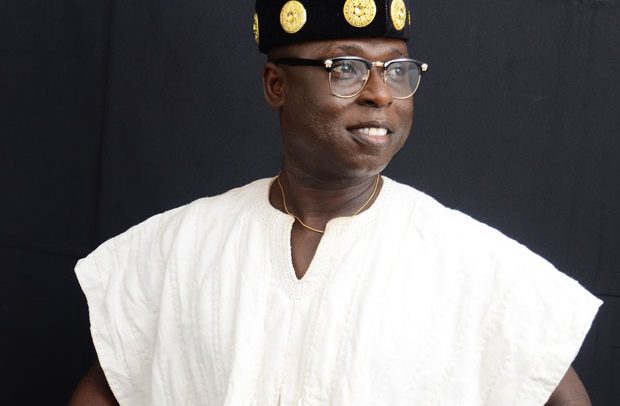Student jailed for ‘insulting’ Kenyan President on Facebook

|
Getting your Trinity Audio player ready...
|
 A 25-year-old political science student at Moi University has been
A 25-year-old political science student at Moi University has been
sentenced to a year in prison for insulting Kenyan president Uhuru
Kenyatta on Facebook.
Alan Wadi Okengo, also known as Lieutenant Wadi, has also been told to
pay a fine of $2,200 (£1,400) or serve a second year in jail.
The posts were reportedly in opposition to the new security law, which
was signed by the presidenta fortnight ago despite outcry from the
opposition in Parliament.
Mr. Okengo pleaded guilty to two charges of hate speech for using
"unprintable insults" against the president and also for demeaning
authority of a public officer.
The charge against him stated that "the message he sent was calculated
to to bring into contempt the lawful authority of the President of the
Republic of Kenya."
Kenyan website, The Daily Nation reported that Okengo was arrested
when he tried to sneak out of the country on New Year Eve brought back
to Nairobi CID headquarters where he was interrogated.
He reportedly told the magistrate, Ann Kaguru, that he was prepared to
"apologised to President Kenyatta personally if he was not handed down
a custodial sentence."
However the magistrate, in announcing the sentence, said "the offence
is serious and a deterrent penalty is called for to serve as a warning
to others abusing the social media forums."
Kenyatta faces huge opposition on new law
The controversial new security law has seen fierce resistance from the
opposition who say that Kenya was turning into a "police state" and
that the bill, if passed would further compromise the county's
democratic beliefs.
"The real target of this 'law' is not terrorism. Its aim is to
reintroduce the police state and political hegemony," the Coalition
for Reforms and Democracy (CORD) said in a statement.
The new law will allow security agencies in the country to "detain
terror suspects for up to one year, to tap communications without
court consent."
Journalists in the country would also have to seek permission from the
police before publishing any story on terrorism related issues, while
landlords and hotels would be compelled to provide security officers
with information about their tenants and guests.
The president has defended the law arguing that the government needs
more power in order to combat the Militant Islamist group al-Shabab
who had intensified their attacks in the country in recent times,
including two attacks in December which killed more than 60 people.
Credit: Citifmonline.com





